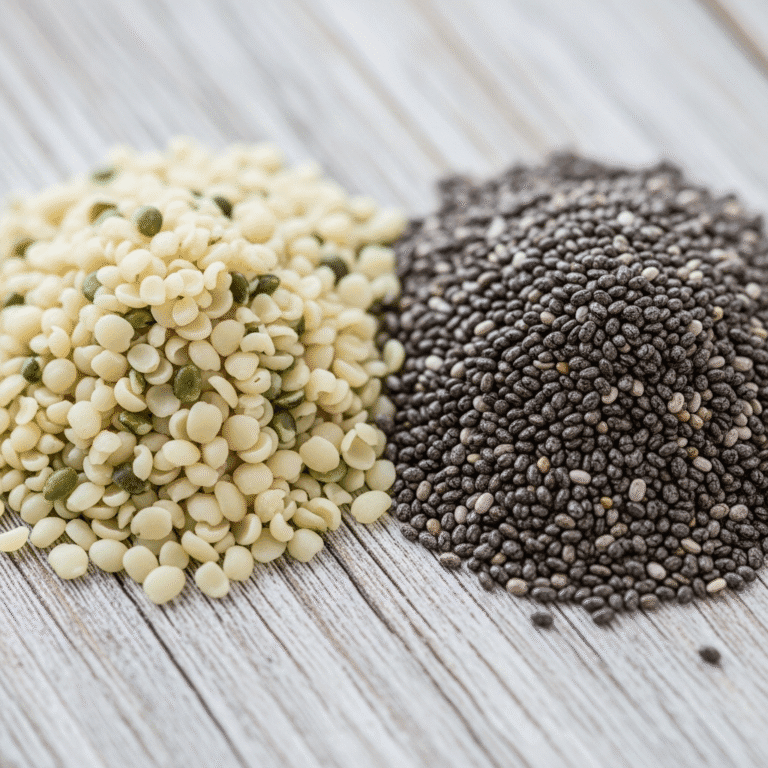FREE SHIPPING OVER $50
Hibiscus Tea Effect on Kidneys: Benefits and Potential Risks
Hibiscus tea has long been praised for its vibrant color and tart flavor, but its impact on kidney health is gaining increasing attention. While some advocate for its benefits, others warn of potential risks. So, what’s the real story behind hibiscus tea’s effect on kidneys? Let’s dive into both the benefits and the concerns, providing you with a full picture of how this herbal tea might affect your kidneys.
What Is Hibiscus Tea?

Hibiscus tea is made from the dried petals of the hibiscus flower, specifically the species Hibiscus sabdariffa. Its bright red color and tart taste make it a popular choice, especially in tropical regions. It’s caffeine-free and often consumed hot or cold. But beyond its refreshing nature, hibiscus tea benefits for the kidney have been widely discussed in health circles.
Hibiscus Tea Benefits for the Kidney
One of the primary reasons people turn to hibiscus tea is for its supposed kidney-protective effects. But what are these benefits, and is there scientific backing?
- Antioxidant Properties: Hibiscus tea is rich in antioxidants, particularly anthocyanins. These compounds are known to protect cells from oxidative stress, which can reduce damage to the kidneys. Since the kidneys are responsible for filtering toxins from the blood, supporting them with antioxidant-rich foods and drinks like hibiscus tea could theoretically ease their workload and reduce damage over time.
- Blood Pressure Reduction: High blood pressure is a leading cause of kidney damage. Hibiscus tea’s effect on kidneys can be attributed to its ability to help lower blood pressure. Several studies have shown that hibiscus tea may help relax blood vessels, thus improving blood flow and reducing the strain on the kidneys. Better blood pressure control means less damage to these vital organs.
- Diuretic Effects: One of the more commonly recognized hibiscus tea benefits for the kidney is its mild diuretic property. Diuretics help increase urine production, which can assist in flushing out toxins and reducing the risk of kidney stones. However, this effect should be monitored, as excessive diuresis can lead to dehydration, which might strain the kidneys.
Potential Hibiscus Tea Side Effects on Kidneys
While there are undeniable benefits, it’s important to acknowledge the potential downsides.
- Overconsumption and Its Impact on Kidneys: As with any remedy, too much of a good thing can be harmful. Drinking hibiscus tea in large amounts may have adverse effects. Hibiscus tea contains oxalates, which, in high concentrations, could contribute to the formation of kidney stones in susceptible individuals. For those prone to kidney stones, monitoring intake is essential to prevent exacerbating the issue.
- Dehydration Concerns: While the diuretic effect of hibiscus tea can be beneficial in moderation, excessive consumption might lead to dehydration. When you lose too much water through urine without replacing it, this can strain the kidneys, potentially causing damage over time. So, while hibiscus tea might help with detoxification, it’s essential to stay adequately hydrated to prevent dehydration.
- Interaction with Medications: People with existing kidney issues often take medications to manage their condition. Hibiscus tea may interact with certain drugs, such as antihypertensives or diuretics, enhancing or altering their effects. Always consult a healthcare provider before making hibiscus tea a regular part of your routine, especially if you’re on medication.
Should You Drink Hibiscus Tea for Kidney Health?
In moderation, hibiscus tea can be a healthy addition to your diet. Its ability to lower blood pressure and provide antioxidant support may contribute to better kidney function, especially in those at risk of hypertension-related kidney damage. However, like any health remedy, it’s essential to use it wisely.
How Much Hibiscus Tea Is Safe for Your Kidneys?
While hibiscus tea is packed with health benefits, moderation is key, especially for those with kidney concerns. Generally, consuming one or two cups a day should offer the benefits without overwhelming your kidneys. However, if you have pre-existing kidney conditions or are prone to kidney stones, it’s best to consult a healthcare professional before adding hibiscus tea to your diet.
Scientific Evidence Behind Hibiscus Tea and Kidney Health
So, does the science support these claims? While the research is still emerging, some studies highlight hibiscus tea’s potential benefits for kidney health.
A study found that hibiscus tea could lower blood pressure in adults with mild hypertension. This indirectly supports kidney health since high blood pressure is a major risk factor for kidney damage. Moreover, animal studies have shown that the antioxidants in hibiscus tea can reduce oxidative stress, which may help protect the kidneys from damage.
However, it’s worth noting that more research, particularly in humans, is needed to draw firm conclusions about hibiscus tea’s long-term effects on kidney health.
Conclusion
The hibiscus tea effect on kidneys is a topic worth exploring, given its combination of potential benefits and risks. While it offers antioxidants, blood pressure-lowering properties, and diuretic effects, excessive consumption or pre-existing conditions could lead to complications. Always remember, balance is critical. A well-rounded approach that incorporates hibiscus tea with other healthy lifestyle choices can help you reap its benefits while avoiding potential downsides.
Related Articles
- How to Make Dandelion Tea with Dried Root or Fresh Leaves
- Easy Homemade Hibiscus Tea Recipe (Hot and Cold)
- 5 Herbal Tea Recipes for Stress Relief and Relaxation
- How to Make Elderberry Wine at Home: Step-by-Step Recipe
- Celsius Energy Drinks and Drug Tests: Reasons for False Positives
- Prime Energy Drinks: How Much Caffeine Are You Drinking?
- Fermented Garlic Honey: Health Benefits and Recipes







